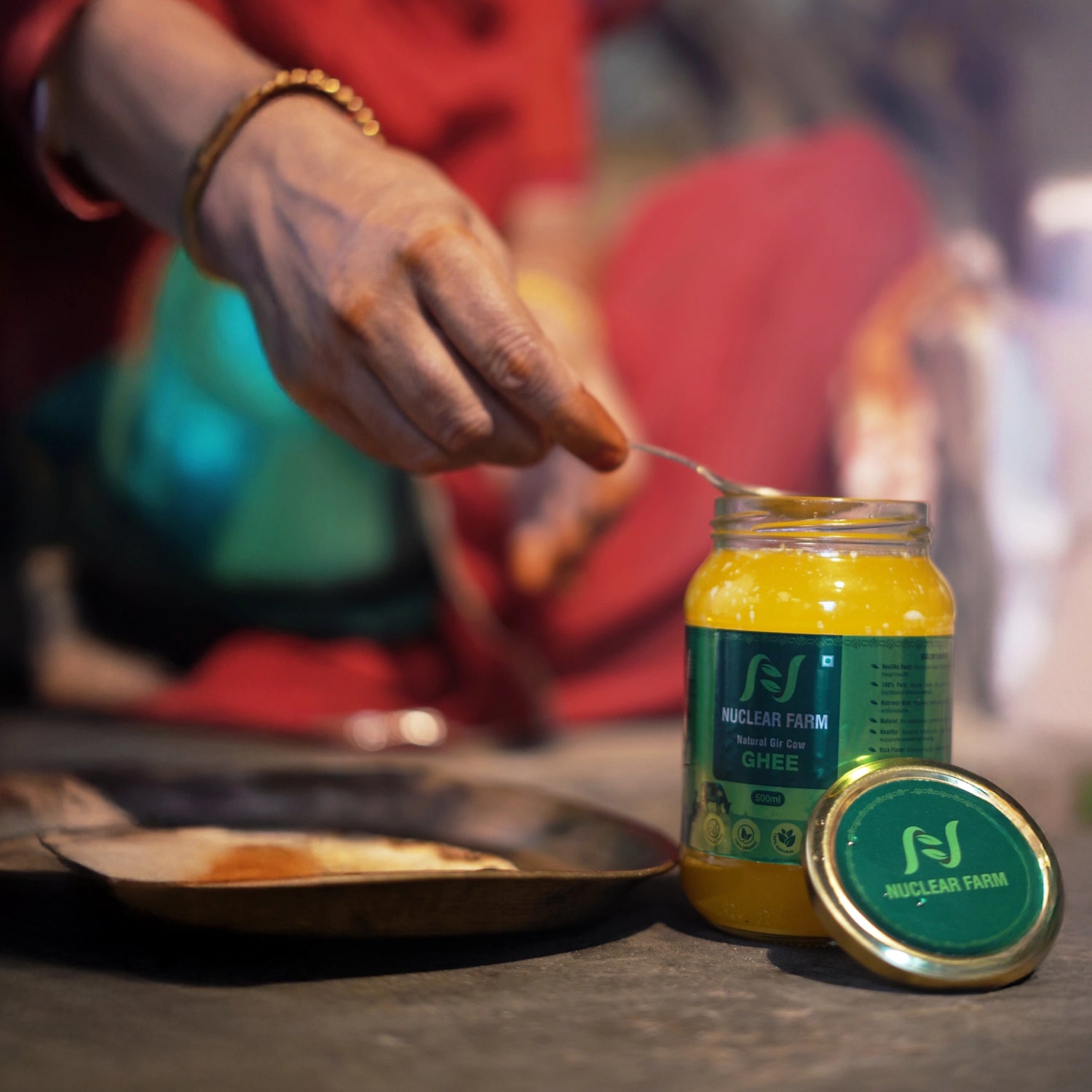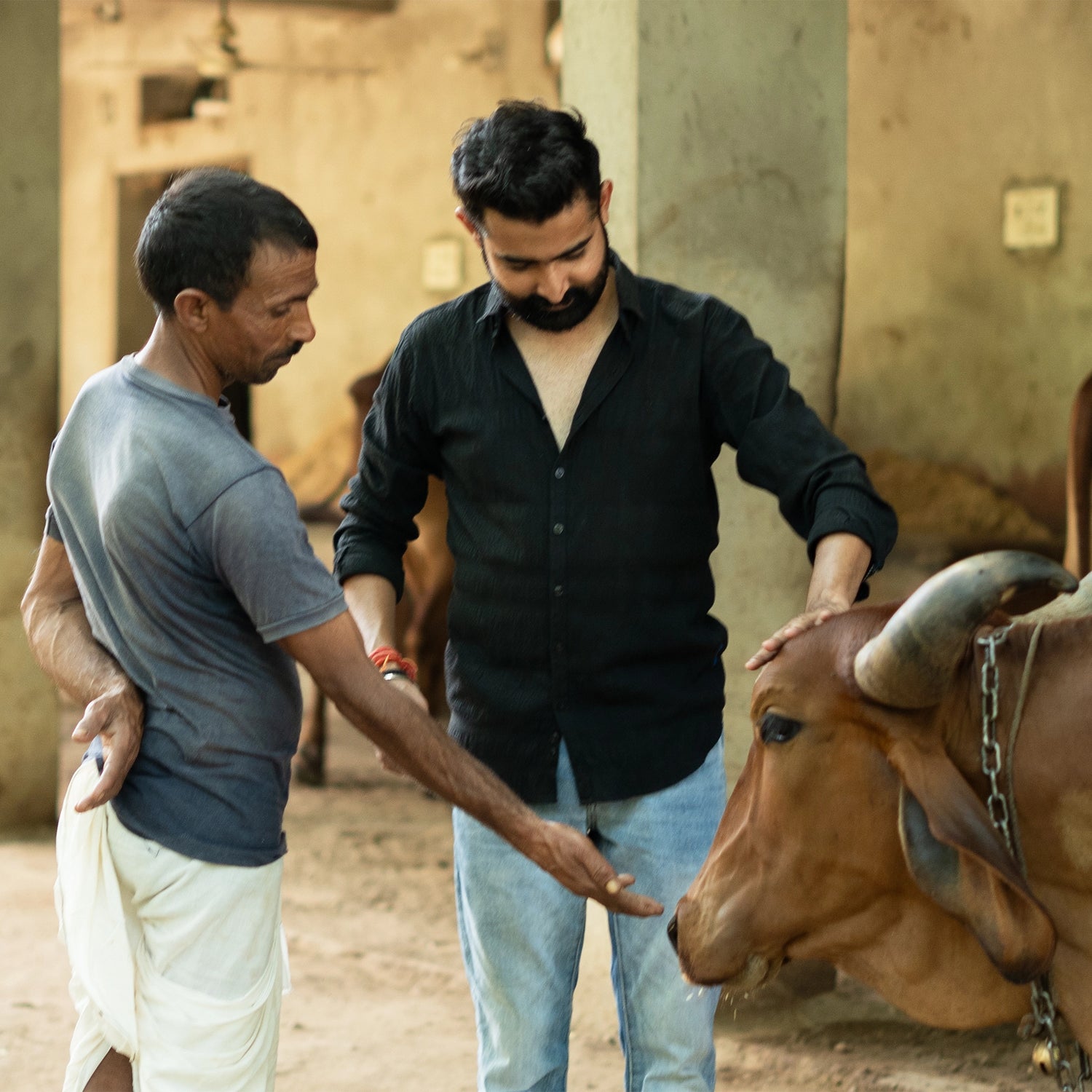
Nuclear Farm – Reviving the Taste of Tradition
In the ever-busy heart of Delhi, three friends — Pankaj Tomar, Ketan Luthra, and Akash — came together to chase their dreams. Like many young students leaving behind their hometowns, they carried with them not just ambitions, but also memories of simpler days. Amid crowded classrooms, endless assignments, and the constant buzz of the city, what they missed most was not silence, but the food of their childhood homes.
Evenings in their small rented apartment often turned into nostalgic conversations. They spoke of hot rotis fresh off the chulha, of homemade ghee that carried a sweet, nutty aroma, and of the golden glow of freshly pressed mustard oil used in their mothers’ kitchens. These meals weren’t just about filling the stomach; they were woven with tradition, love, and nourishment. Each dish was a story — of family, of culture, and of the timeless rhythm of village life.

But in Delhi, the food around them felt different. It was quick, convenient, but empty of soul. The meals they found in modern stores were mass-produced, machine-made, and detached from heritage. That’s when a realization struck: food should not only satisfy hunger, it should nourish the heart and soul.
With this belief, the three friends decided to take a leap. Pooling their savings, they started small — with A2 Desi Cow Ghee, crafted through the ancient Bilona method. Every jar they made carried the essence of their roots — pure, fresh, and free from unnecessary machinery. To their surprise, people didn’t just buy the ghee; they embraced it. Customers called back, not to compliment a product, but to share stories of how the taste brought them back to their own kitchens, to childhood, to memories long forgotten.


